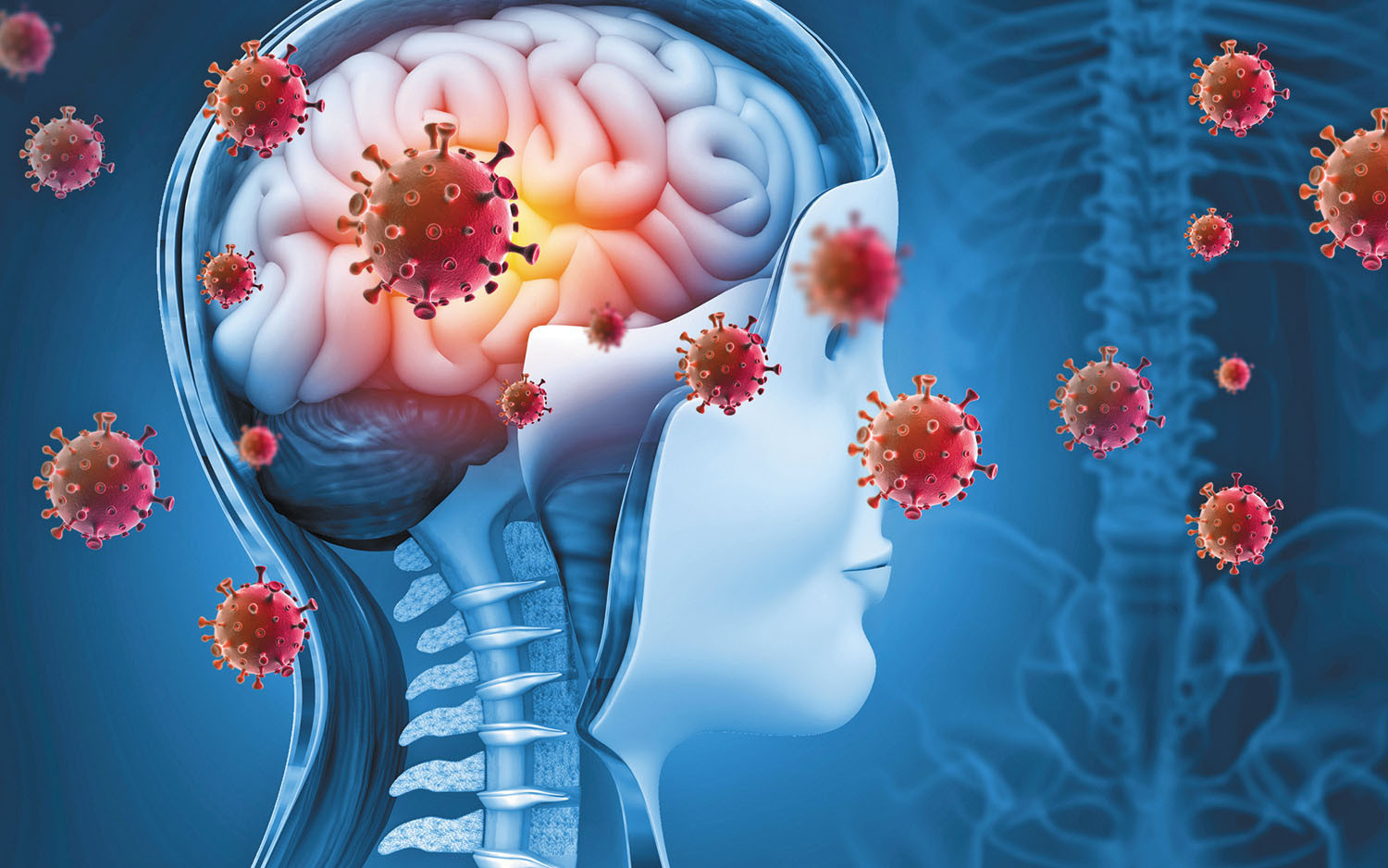
Driving with arthritis pain: Stay comfortable — and safe — behind the wheel

Daily cup of coffee may prevent afib recurrence

Gene-editing therapy lowers harmful blood fats in early study

What is EMDR therapy, and who can it help?

GLP-1 drugs versus bariatric surgery for treating obesity

Two dumbbells, three exercises, and 10 minutes

Easing the emotional burden of IBS

Modify your push-ups to meet your fitness level

What is long QT syndrome?

Stroke survivors may benefit from very low LDL levels
COVID-19 Archive
Articles
COVID-19's cardiac legacy: An update
COVID-19 may increase the risk of cardiovascular problems, including heart attack, stroke, pulmonary embolism, atrial fibrillation, and heart failure, up to a year after the infection. But vaccination appears to lower these risks. Getting just one dose of a COVID vaccine may halve the risk of myocarditis, a rare condition that causes inflammation of the heart muscle that can arise after viral infections.
Healthy habits might ward off long COVID
A 2023 study suggests that women who practice many aspects of a healthy lifestyle are about half as likely as women who don't to experience persistent symptoms after a COVID-19 infection.
Did COVID cause my shortness of breath?
While shortness of breath can be caused by several ailments, the most common are a lung issue, a heart problem, anemia (low red blood cell count), or deconditioning. Even if the cause remains unclear, a doctor can create a treatment plan to improve symptoms.
COVID-19 or something else?
Many COVID-19 symptoms — such as fever, cough, or muscle aches — overlap with the symptoms of other respiratory conditions, such as influenza, a common cold, or asthma. But there are differences among the conditions. For example, a bout of the flu or a cold will not cause shortness of breath the way COVID-19 will. And while asthma can cause shortness of breath, it won't cause a fever or body aches the way COVID-19 will. A person who's experiencing concerning symptoms of respiratory illness should report them to a doctor.
Can long COVID affect the gut?
Some people who have been infected with the virus that causes COVID-19 have experienced lingering effects like low energy and brain fog. Could gastrointestinal problems be another aftereffect of the virus?
Does COVID-19 damage the brain?
COVID-19 can damage the brain in many ways. Initially, it can cause brain inflammation that causes confusion, difficulty concentrating, and memory problems. COVID also can cause new psychological disorders such as depression or anxiety. It can even cause people to see and hear things that aren't there and to believe things that aren't true. COVID often damages the brain's autonomic nervous system, leading to abnormalities in heart rate and blood pressure. Additionally, the virus that causes COVID can infect and injure the lining of blood vessels and make blood clot more easily, which can lead to strokes and heart attacks.
Vaccination may protect against long COVID
Getting at least one dose of a COVID vaccine lowers the risk of developing long COVID even among people who were previously unvaccinated and recovered from COVID.
Genes protective during the Black Death may now be increasing autoimmune disorders
Genes that helped people survive during the time of the Black Death are more likely to be found in people with autoimmune diseases alive today. Does this tell scientists anything about what surviving the COVID-19 pandemic might mean for the world's population?
Want to stay healthy over the holidays?
Another holiday season is here, and this year we need to contend with other viruses besides COVID-19. Three Harvard experts share their thoughts on the best ways to keep ourselves and our family members healthy as we celebrate holidays together.
High blood pressure linked to severe COVID despite vaccination
A 2022 study found that high blood pressure more than doubled the risk of being hospitalized from an Omicron-variant COVID-19 infection regardless of full vaccination, including a booster dose of an mRNA vaccine.

Driving with arthritis pain: Stay comfortable — and safe — behind the wheel

Daily cup of coffee may prevent afib recurrence

Gene-editing therapy lowers harmful blood fats in early study

What is EMDR therapy, and who can it help?

GLP-1 drugs versus bariatric surgery for treating obesity

Two dumbbells, three exercises, and 10 minutes

Easing the emotional burden of IBS

Modify your push-ups to meet your fitness level

What is long QT syndrome?

Stroke survivors may benefit from very low LDL levels
Free Healthbeat Signup
Get the latest in health news delivered to your inbox!
Sign Up











